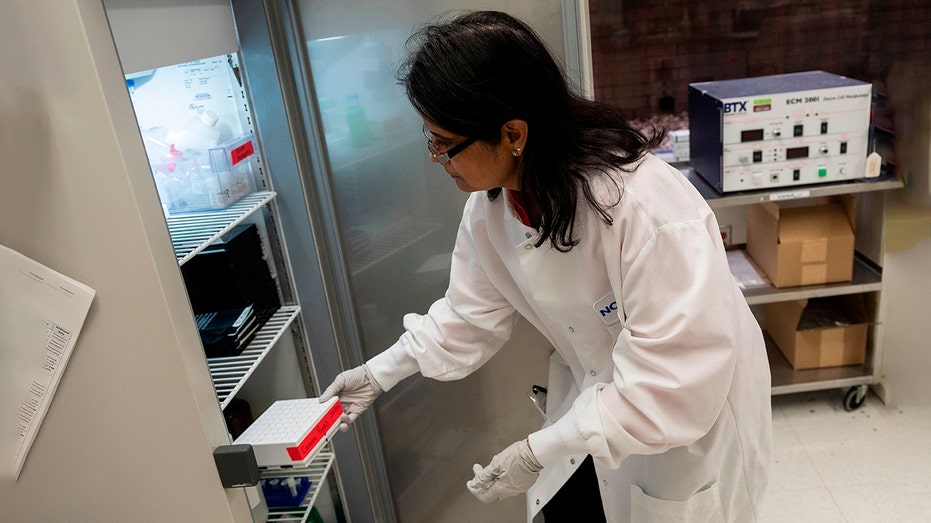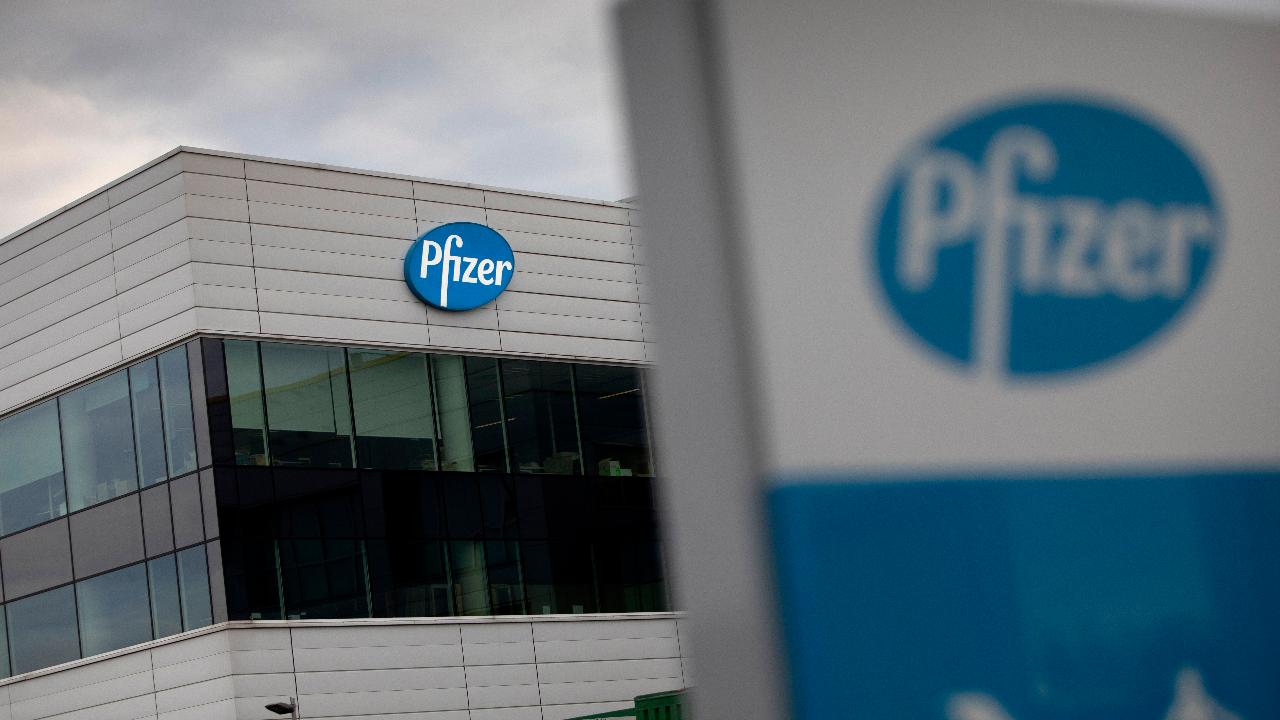Will coronavirus vaccine distribution be held up by refrigeration supply chain woes?
COVID-19 vaccine candidates can require ultra-cold refrigeration
Medical supply chains — critical in providing necessary equipment to health care workers on the COVID-19 front lines — struggled earlier this year when the harrowing pandemic first gripped the world.
Roughly nine months later, experts fear the supply chain will face even more strain as hospitals, medical centers and doctors race for proper storage for vaccines once they are approved by the Food and Drug Administration (FDA).
PFIZER’S COVID-19 VACCINE 95% EFFECTIVE IN FINAL RESULTS, COMPANY TO SEEK APPROVAL WITHIN DAYS
Within the past two weeks, Pfizer and partner BioNTech SE, followed by Moderna, announced that their respective vaccine candidates were more than 94% effective in their latest trials.
Cindy Juhas, chief strategy officer of CME Corp, told FOX Business that they already are flooded with calls inquiring about vaccine freezers and refrigerators.
"It looks like the already taxed supply chain could be having supply issues in just a few weeks," Juhas said.
CME is one of America's biggest equipment-only national distributors of medical products, offering more than 2 million products from more than 2,000 manufacturers.
| Ticker | Security | Last | Change | Change % |
|---|---|---|---|---|
| PFE | PFIZER INC. | 26.86 | -0.49 | -1.80% |
| BNTX | BIONTECH SE | 110.42 | +2.47 | +2.29% |
| MRNA | MODERNA INC. | 49.70 | +3.10 | +6.65% |
MODERNA SAYS ITS VACCINE IS 94.5% EFFECTIVE IN PREVENTING COVID-19
Some of her customers, however, won't make any official orders until they know which vaccine will get emergency approval first.

Dr. Nita Patel, director of Antibody discovery and Vaccine development, returns a box of potential coronavirus, COVID-19, vaccines to a fridge at Novavax labs in Gaithersburg, Md., on March 20. (Andrew Caballero-Reynolds/AFP)
That will help many of them to determine what they need to order.
Pfizer announced Wednesday that it was seeking approval within a few days.
For Moderna, its vaccine candidate has six months of shelf life in a regular freezer, at minus 20 degrees Celsius, and up to 30 days in a refrigerator. Meanwhile, Pfizer's candidate must be stored at temperatures of minus 70 degrees Celsius or below, requiring ultra-cold freezers.
PFIZER-BIONTECH VACCINE CREATOR SAYS LIFE COULD RETURN TO ‘NORMAL’ NEXT WINTER
The problem: Ultra-cold freezers are both expensive — between $10-$25,000 depending upon the size — and time consuming to manufacture. Once ordered, these specialized freezers take four to six weeks to make.
If companies suddenly rush to order these ultra-cold freezers at once, "they could be backlogged until February or March," manufacturers stressed to Juhas.
However, officials at Pfizer don't share these concerns.
In fact, Angela Hwang, group president of biopharmaceuticals group at Pfizer, said the company is "not concerned" about cold storage and is confident in distribution and logistics systems created for clinical trials.
GET FOX BUSINESS ON THE GO BY CLICKING HERE
"We have, to date, 152 sites around the world who are receiving this vaccine as part of our clinical trials," Hwang said. "So we have proof of concept that the logistics and the distribution are not insurmountable. In fact, that they're doable. We're doing it every day now, everywhere around the world."
Hwang added that Pfizer's sites have been able to conduct trials "effectively on time, and with no issues."
However, until Moderna or Pfizer receive emergency FDA approval, Juhas said it's a waiting game.
For now, "customers are trying to be as prepared as they can."




















